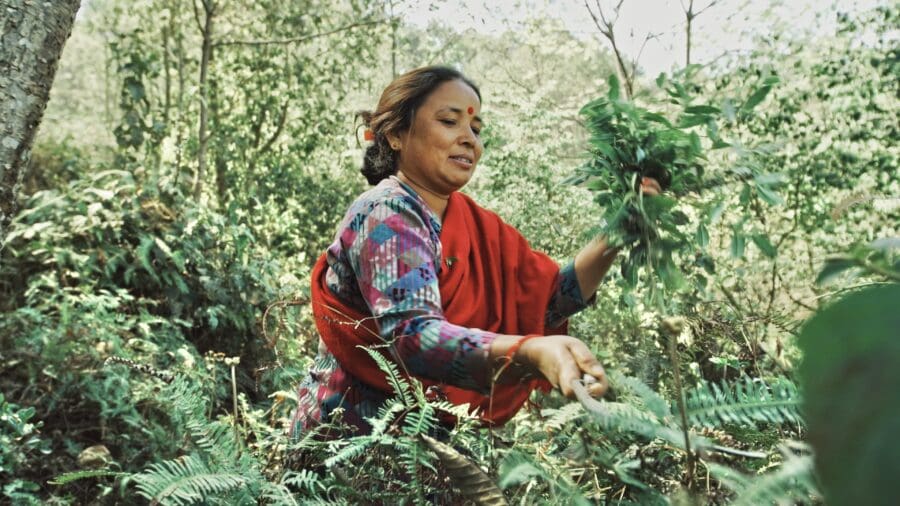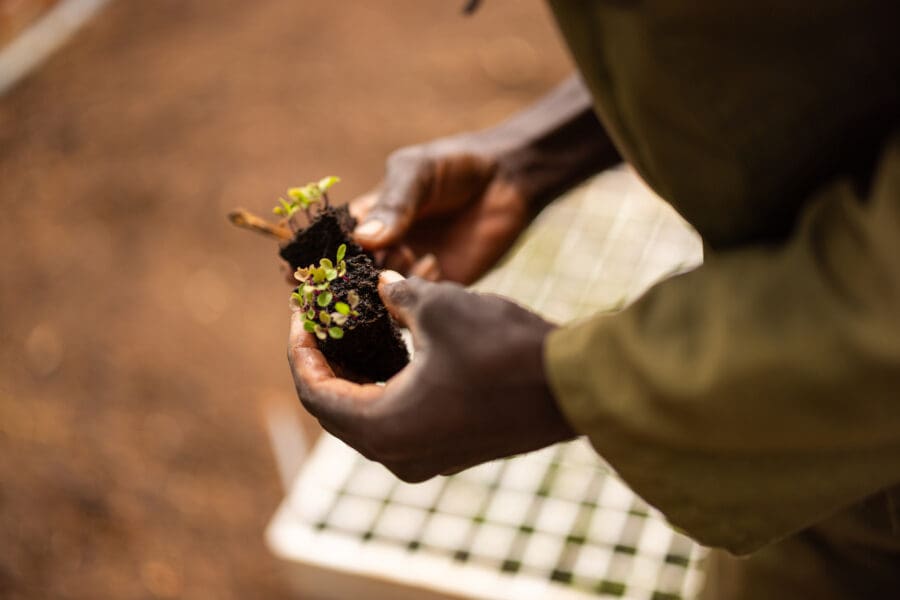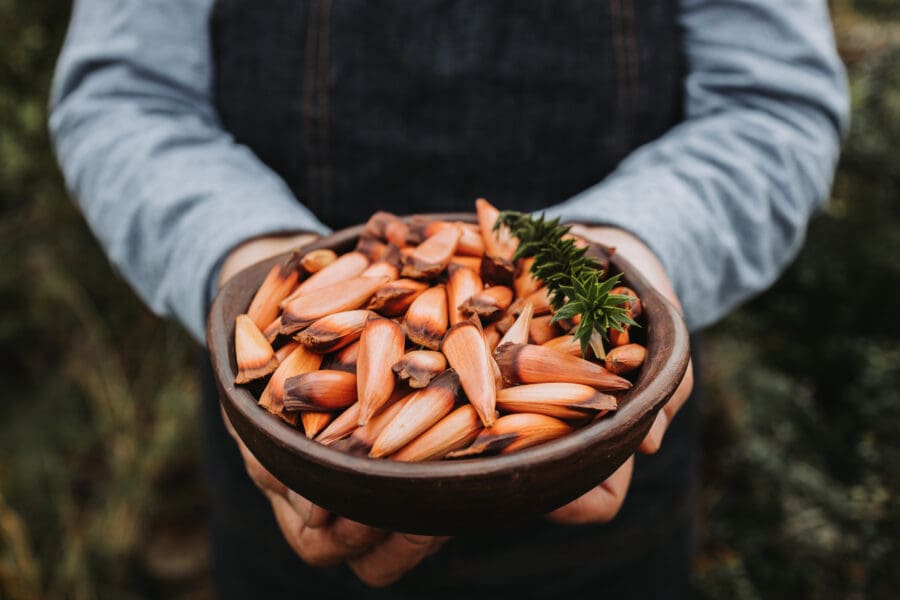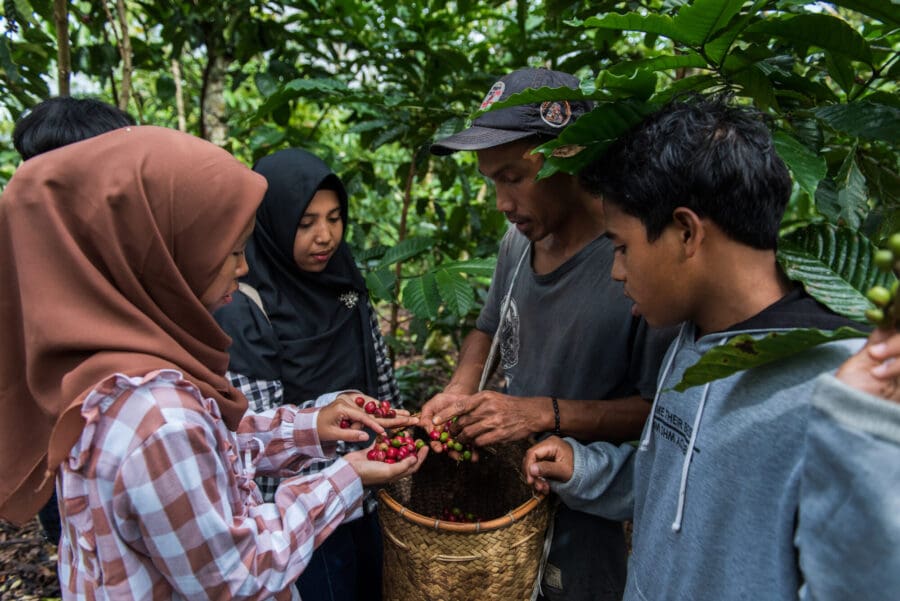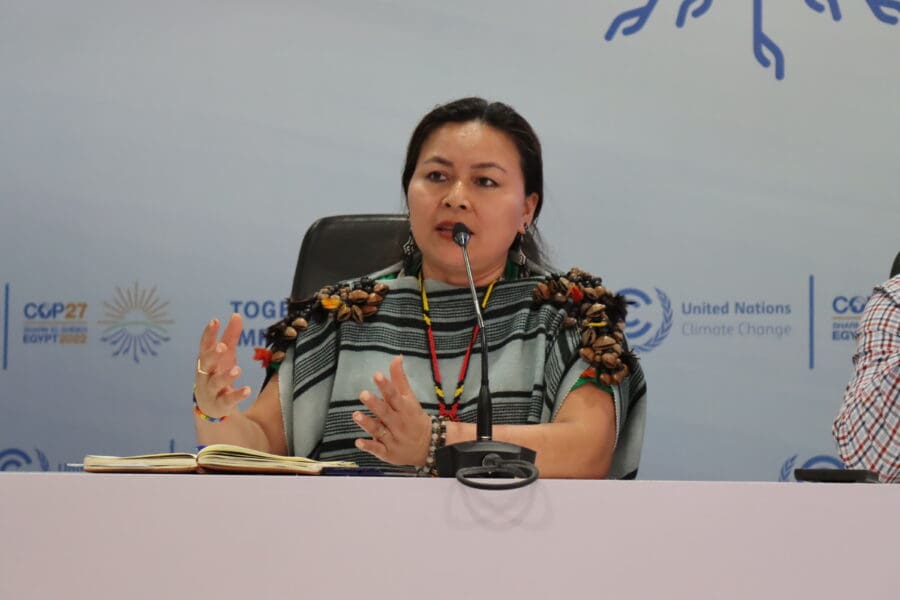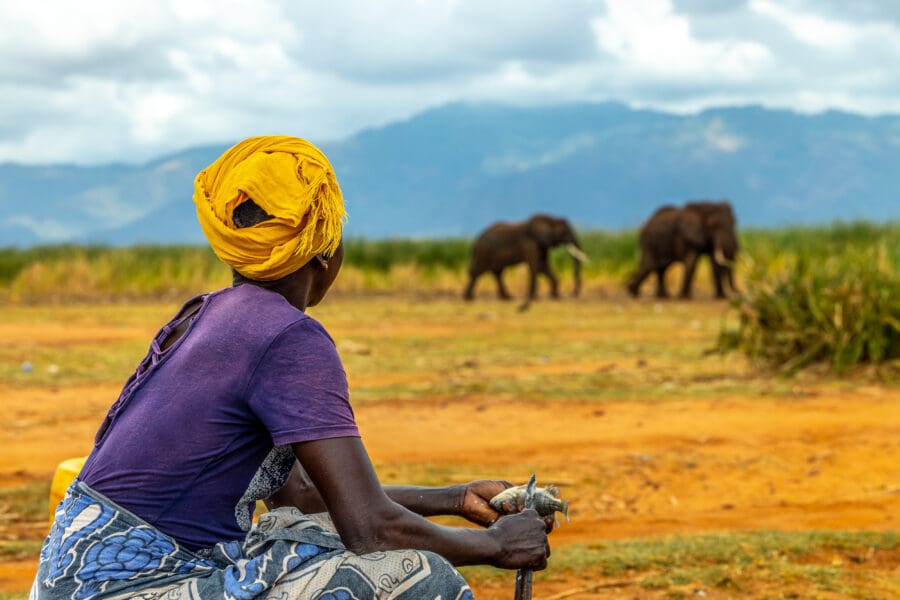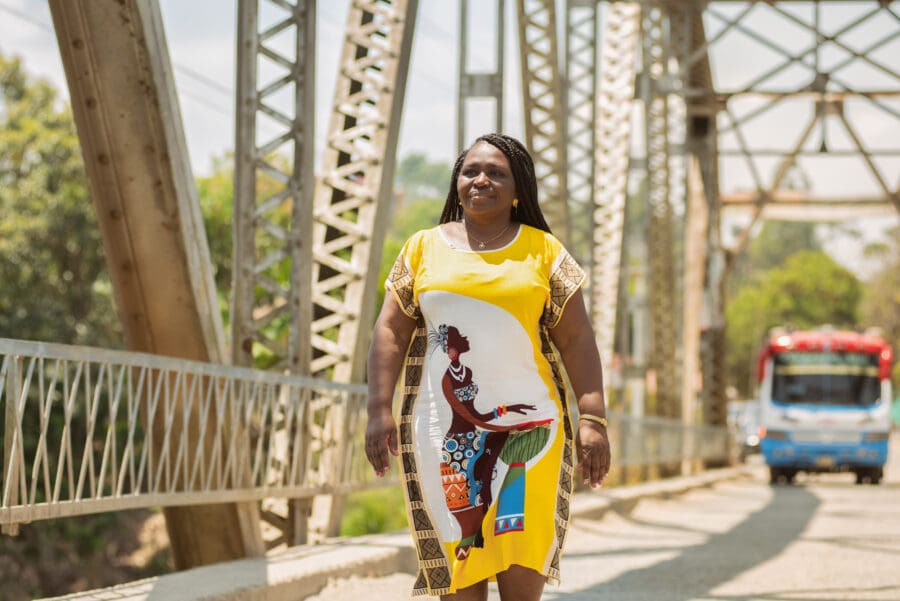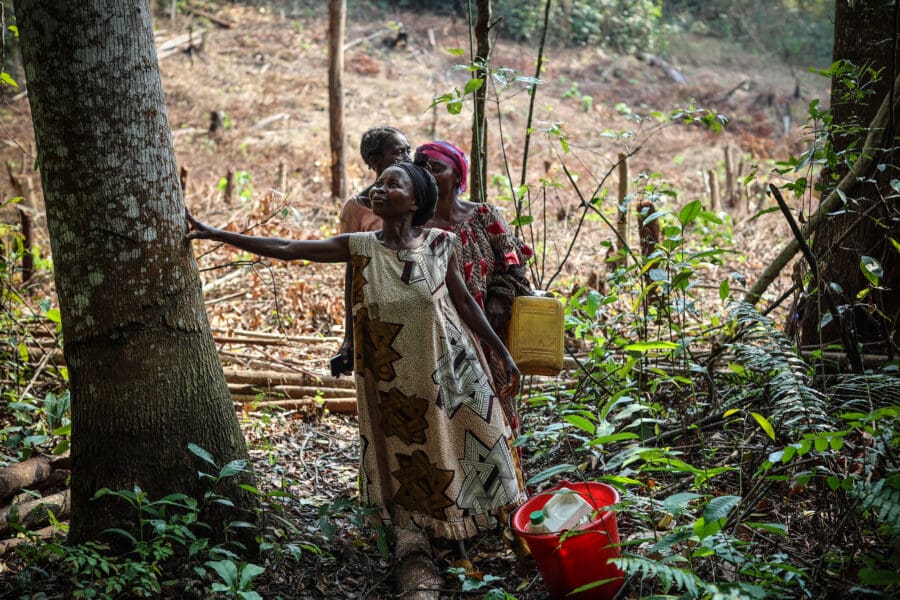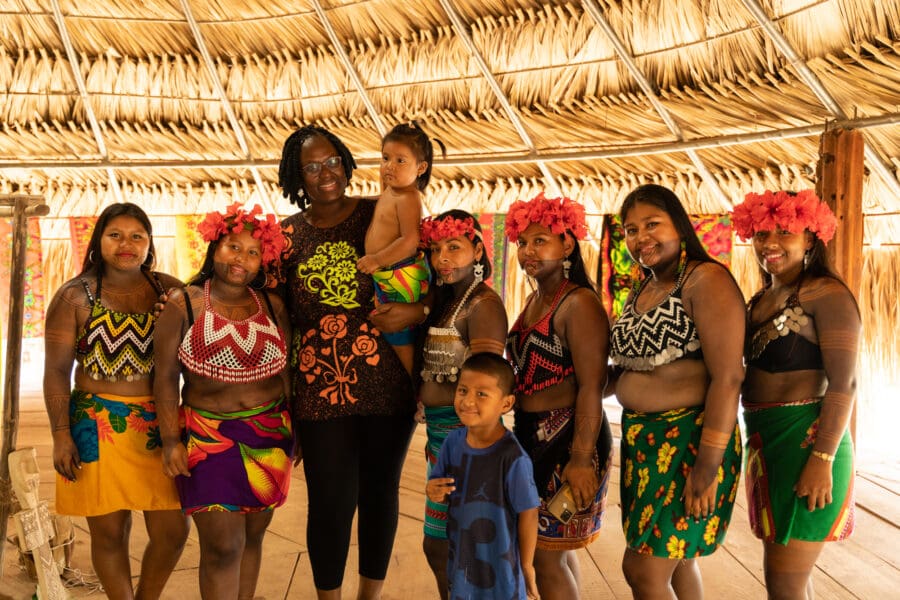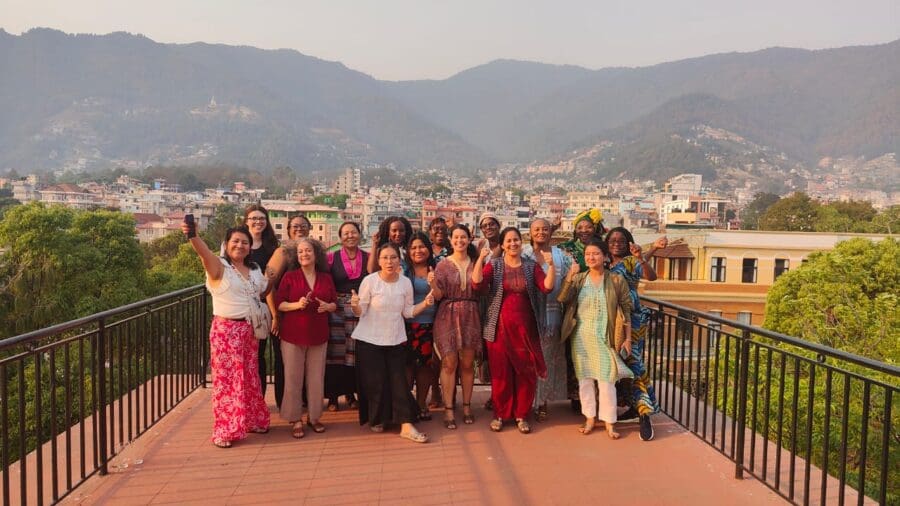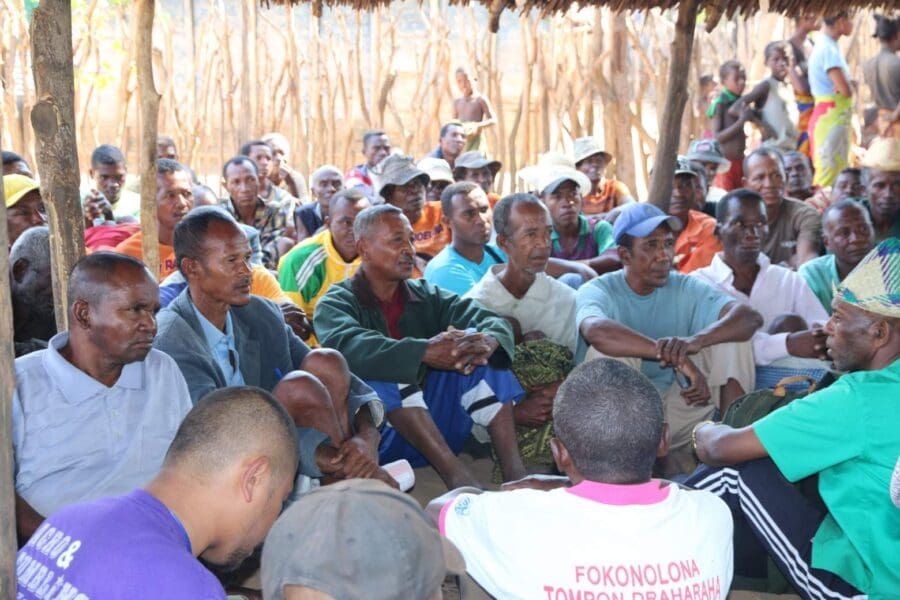This statement by the Women in Global South Alliance (WiGSA) extends its congratulations to governments and donors for their renewed commitment to supporting the tenure rights of Indigenous Peoples, Afro-descendant Peoples, and local communities, as announced at COP30 in Brazil on November 6, 2025, and calls on funders to address the global gender funding gap.
As the world moves toward COP30 in Belém, Brazil, countries are in the process of updating their Nationally Determined Contributions (NDCs)—the key national plans that define climate goals, strategies, and financing needs under the Paris Agreement. In this crucial context, RRI released a two-phase study in September and October 2025, analyzing current NDCs of 25 countries across Latin America, Africa, and Asia.
As global leaders prepare to gather in Belém, Brazil, this November for the 30th UN Climate Conference (COP30), the Rights and Resources Initiative (RRI) and its global partners are calling for the summit to serve as a turning point for Indigenous Peoples, Afro-descendant Peoples, and local communities who safeguard the world’s forests and biodiversity.
Novo relatório mostra progresso inconsistente em nível nacional em relação aos direitos de posse de terras para Povos Indígenas, Povos Afrodescendentes e comunidades locais
New report shows inconsistent domestic progress on tenure rights for Indigenous Peoples, Afro-descendant Peoples, and local communities
The secretary of the Board of Directors of the Interethnic Association for the Development of the Peruvian Jungle (AIDESEP) shares the challenges she had to overcome to become an Indigenous woman leader.
Decades after the world adopted what continues to be the most comprehensive roadmap for women’s rights, RRI’s latest report highlights enduring challenges in securing the rights of Indigenous, Afro-descendant, and local community women.
This is the story of the president of the Association of Afro-descendant Women of Northern Cauca, Colombia, who faced the threats of armed conflict to fight for the rights of Afro-descendant women.
Building on the State of Funding report published in April 2024, this blog post shares important updates on finance for Indigenous Peoples', Afro-descendant Peoples', and local communities' tenure and forest guardianship and examples of how direct funding is already driving important progress in tropical forests and other key ecosystems.
This op-ed by Omayra Casamá and Sara Omi was originally published in Spanish in El País. A sustainable future is one where the voices of Indigenous, Afro-descendant, and local community women are not only heard but are integral to the implementation of meaningful conservation and climate change actions.
The Women in Global South Alliance (WiGSA) hosted its second strategic meeting in Kathmandu, Nepal from April 30–May 2, 2024. Armed with a feeling of sisterhood and common purpose, women leaders from 11 countries across Asia, Africa, and Latin America overcame jet lag to meet in person to discuss strategies on how best to support the women and girls they represent.
For the first time, Madagascar's traditional communities, the FOKONOLONA, are being considered in the construction of the country's land reform. Find out how this breakthrough was made possible.

